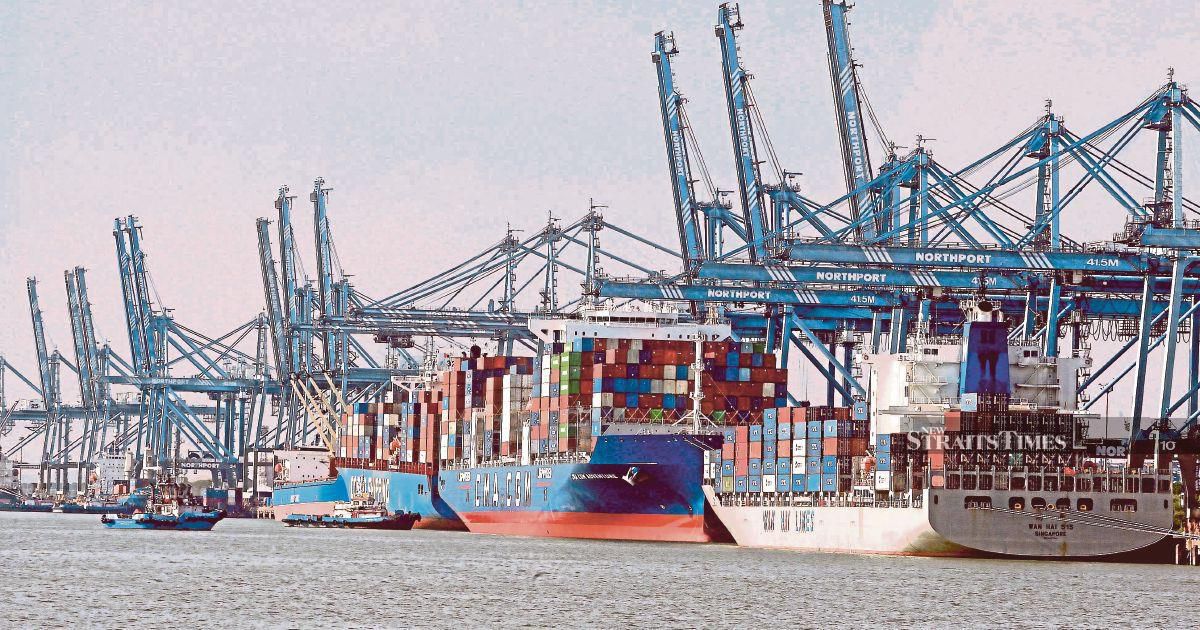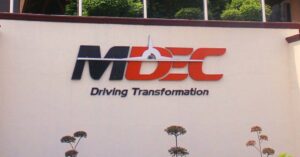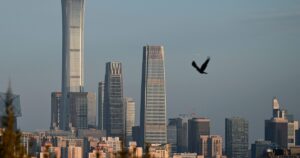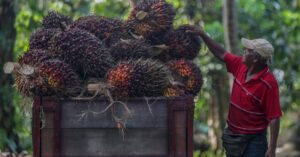KUALA LUMPUR: When Asean leaders assemble in Kuala Lumpur from Oct 26 to 28, the world’s attention will not only be on the official agenda and images of diplomatic niceties.
The true test of Malaysia’s Asean chairmanship this year is its ability to steer the regional bloc across increasingly turbulent geopolitical waters, with waves from the United States and China crashing from opposite ends.
In his briefing to the media ahead of the summit, Prime Minister Datuk Seri Anwar Ibrahim was optimistic.
He said any progress during the summit in thawing US-China relations would be “something very positive” for everyone.
However, there are complex realities Malaysia must navigate: Room for neutrality is getting narrower, and every decision by Putrajaya will be scrutinised in Washington and Beijing.
THE PEOPLE’S VOICE AND NATIONAL SECURITY
Before the leaders discuss major regional issues, Malaysia’s first challenge as host could come from the streets.
Protests are expected to greet the arrival of US President Donald Trump, who is seen as an ally of Israel, which is a hot-button topic for Malaysians.
To this question, Anwar underscored the need to balance democratic rights with security.
He said while the government “supported (freedom of expression)”, he also issued a stern warning that “we will not allow any possibility of sabotage (of the summit)”.
“The message is clear. While freedom of expression is permitted, there will be no compromise on the safety of world leaders,” said Anwar.
BATTLING THE ‘SCAMDEMIC’
Apart from delving into the abstract world of statecraft, Malaysia is also leading the regional charge against a clear and present danger: the “scamdemic”.
The prime minister said scam centres have opened the door to cross-border crimes, which have led to economic and humanitarian crises.
Its impact is huge. Losses in Malaysia from online scams were estimated to be RM57.2 billion, or three per cent of the national gross domestic product.
Worse still, more than 5,000 Malaysians were estimated to have been trafficked into forced labour in scam centres.
Realising this threat, Malaysia has taken stern action. It hosted the 19th Asean Ministerial Meeting on Transnational Crime, which led to the Melaka Declaration on Cybercrime to empower regional cooperation.
The “scamdemic” is the result of a law and order vacuum. The Myanmar crisis, which led to civil war and a weakened administration, created conditions for organised crime rings running the scam operations to flourish.
This is where Malaysia’s ability as Asean chair will be tested.
The Myanmar military junta’s plans to hold a general election by the end of 2025 have been labelled “a sham” by international observers, who believe it is only meant to offer the junta a veneer of legitimacy.
Malaysia’s oft-repeated stand is clear: that peace and not elections remain the priority.
Holding an election in the middle of a civil war without the participation of all, including detained political leaders, would not only fail to resolve the crisis, but also risk exacerbating the violence.
CRITICAL BALANCING ACT
While addressing clear threats, Malaysia must also undertake a critical balancing act in the global arena. Relationships with both superpowers are fundamental to Malaysia’s long-term interests.
In one corner is China, Malaysia’s biggest trading partner, an economic engine that cannot be ignored. The prime minister’s high-level visits to China have also generated massive investment commitments and enhanced economic cooperation.
In the other corner, Malaysia’s strategic ties with the US, often described as having a “low-profile functionality”, are equally important.
The US remains the country’s major economic partner — with Malaysia enjoying a trade surplus of US$24.9 billion in 2024 — and is also a security partner that discreetly offers an umbrella of regional stability. Managing these ties in tandem, without clearly favouring one or the other, is Malaysia’s biggest challenge.
WELCOME, TIMOR-LESTE
Amid the tensions, a historic and hopeful moment is set to take place in Kuala Lumpur.
Under Malaysia’s stewardship, Asean will welcome Timor-Leste as its 11th member. As Anwar stated, this is “a historic moment not just for Timor-Leste, but the entire Asean family”.
For Timor-Leste, Asia’s young-est nation, membership opens a gateway to prosperity. It offers access to a regional market of 650 million people and the potential to draw much-needed foreign investment to spur its economy.
However, this joyous moment also comes with a huge challenge. Asean must integrate a nation that has a much lower GDP and a high poverty rate.
There are concerns that Timor-Leste could become an “economic burden” and complicate the consensus-driven decision-making in Asean.
ASEAN CENTRALITY UNDER THREAT
Timor-Leste’s historic inclusion comes at a time when the grouping’s core principle of “Asean Centrality” — the idea that Asean should be the main driver in deciding the region’s direction — is under threat. This vision, enshrined in the Asean Outlook on the Indo-Pacific (AOIP), is being challenged by two major trends.
The first is the emergence of “minilateral” defence alliances such as Aukus (Australia, the UK and the US), which operate beyond the Asean framework and are widely seen as an effort to stem China.
Exclusive pacts such as these create a new dividing line in the region, at odds with AOIP’s mission of inclusiveness.
Secondly, the economic division caused by the US-China trade and technology war. The rising number of trade embargoes — from less than 500 in 2019 to almost 3,000 in 2023 — threatens the Asean economic model, which relies on exports and the global supply chain.
Both of these pressures have drawn the region into opposite directions, making Asean unity difficult to maintain. The biggest concern is that Asean centrality will become an “imagined illusion”, where the bloc is sidelined while member states are forced to choose a side.
As such, the Asean Summit in Kuala Lumpur is not just a gathering. It is a stage where Malaysia, as its captain, must prove its ability to steer Asean through stormy geopolitical seas. Success will not be measured by the festivity of the occasion, but by the wisdom in upholding the country’s interests, as well as ensuring Asean will not be drowned by the waves of competition generated by the superpowers.
© New Straits Times Press (M) Bhd






![BTH: Malaysian traffic, car sales, TB clusters, & BUDI95 savings ac[WATCH]](https://prwire.my/wp-content/uploads/2026/02/BTH-Malaysian-traffic-car-sales-TB-clusters-amp-BUDI95-savings-300x158.jpg)